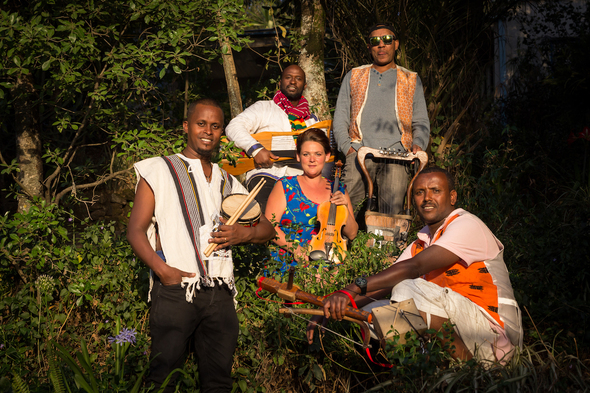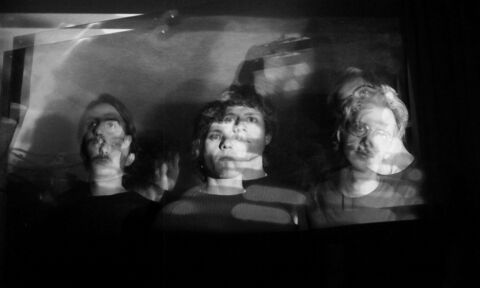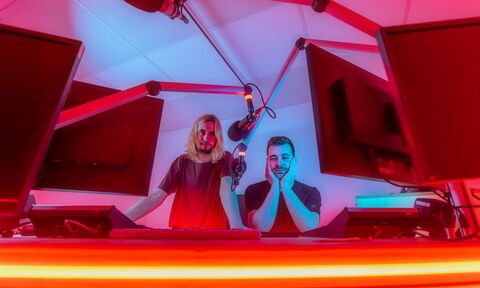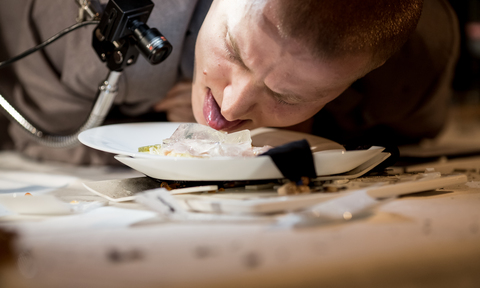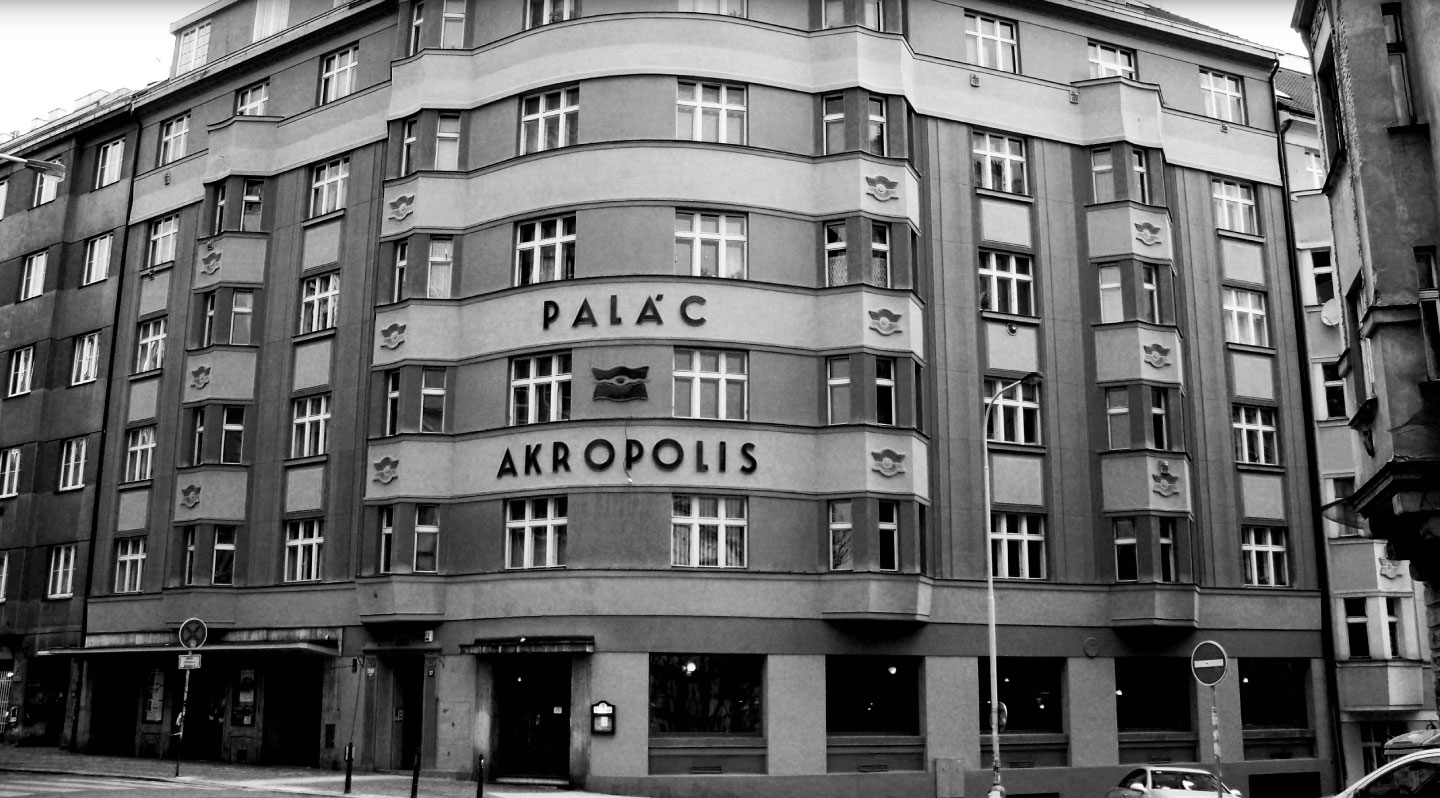|
Friday 3. 11.
info Music has long been regarded as “The Universal Language.” It is the world’s mother tongue, understood by all. The name Qwanqwa (literally meaning “language” in Amharic) was chosen for this meaning. Qwanqwa, based in Addis Ababa, Ethiopia, is comprised of four of the finest Ethiopian traditional instrumentalists, plus Kaethe, who has been living in Addis and working with Ethiopian musicians since she first set foot there in 2009. It’s been called a supergroup of master virtuosos, each of whom is a bearer of tradition, uniquely brought together by a spirit of experimentalism. The group was formed six years ago, and since then has been steadily growing artistically: they have two albums to date, with a third set for release in early 2018, and they perform regularly in Addis. Qwanqwa’s sound is marked by Endris’s swirling masinko melodies, Mesele’s punk krar solos, Kaethe’s wah-violin, and Bubu’s dexterity on the bass-harp, all held together with Misale’s heavy goat-skin drum beats. Mesele has been active in Ethiopian music for over twenty years, releasing original albums and touring internationally, performing Ethiopian traditional music and joining experimental projects with partners like “The EX” and Paal Nilssen-Love. Kaethe first worked in Ethiopian music as a founding member of critically acclaimed Debo Band, and since relocating to Addis, she has participated in numerous exploratory and professional projects, as she honed her sound and immersed herself further into the culture of her surroundings. She maintains an active international performing life, also appearing solo as Ubuntu Rising. Joined by Misale Leggesse on kebero, Anteneh “Bubu” Teklemariam on bass krar, and Endris Hassan on masinko, Qwanqwa’s vision merges a passion for the richness and diversity of Ethiopian musical traditions with a modern sensibility and a desire to expand present boundaries. |
|


